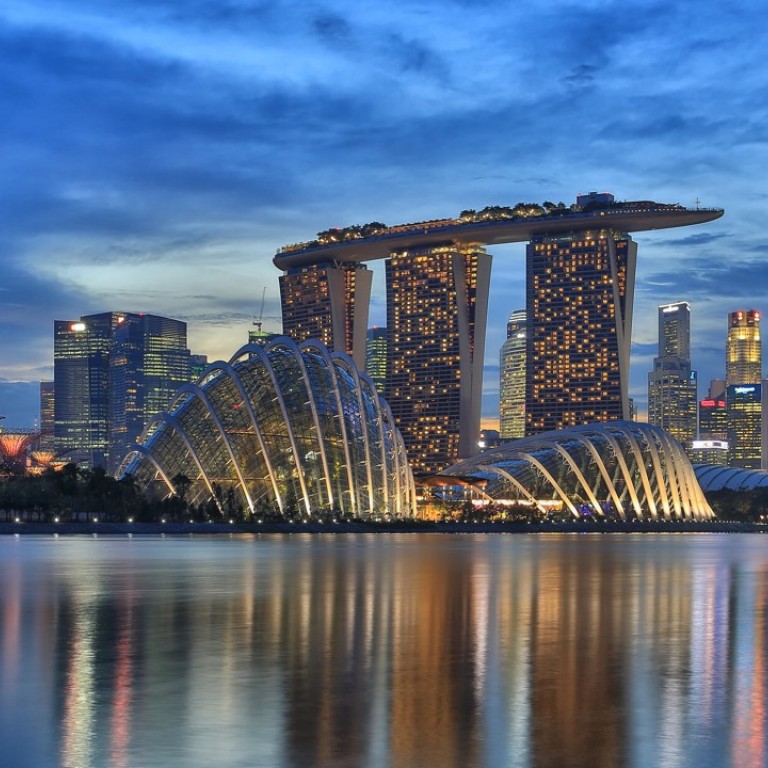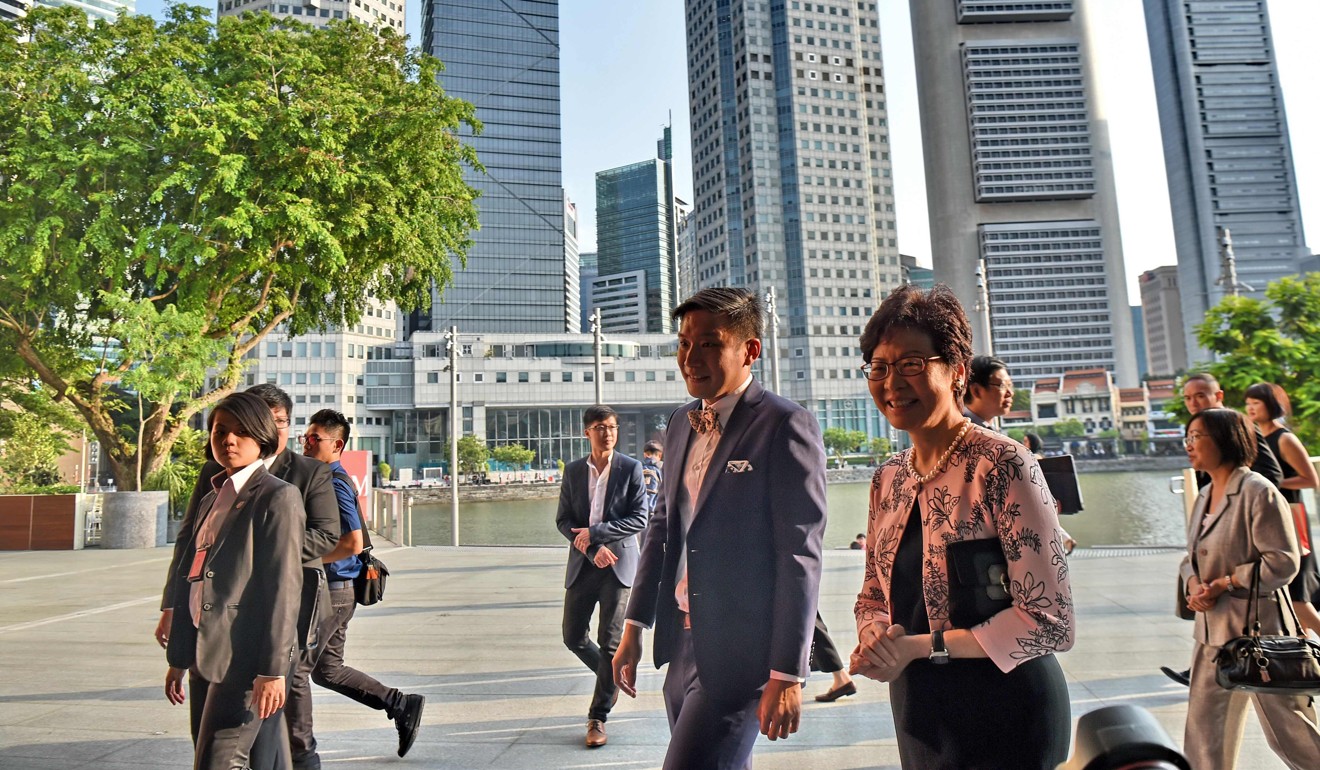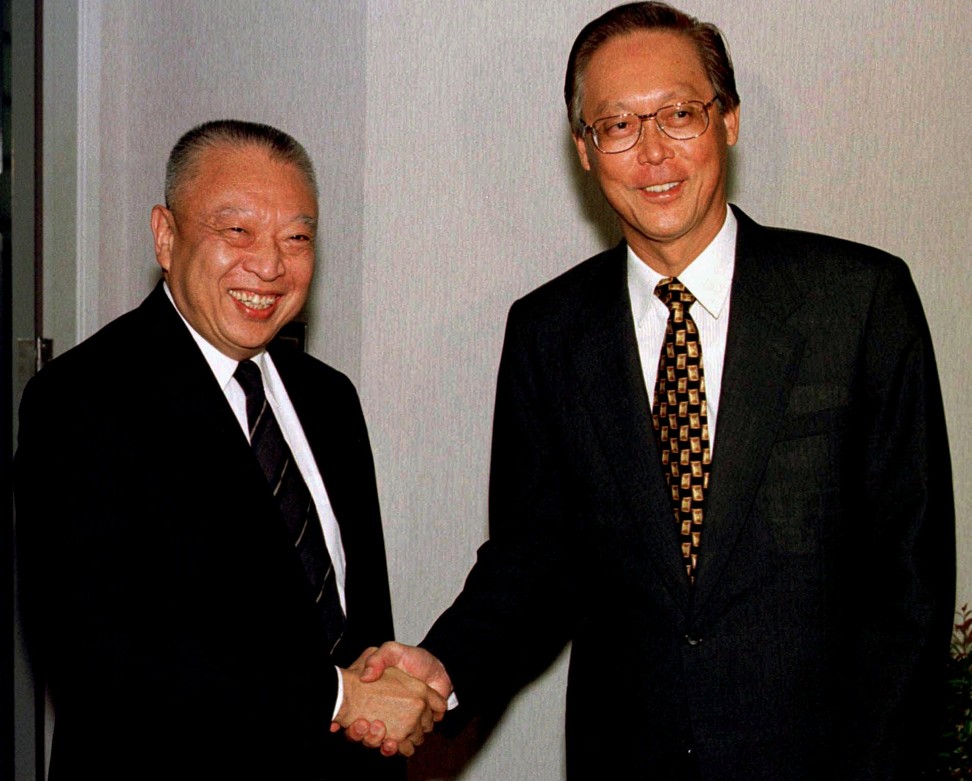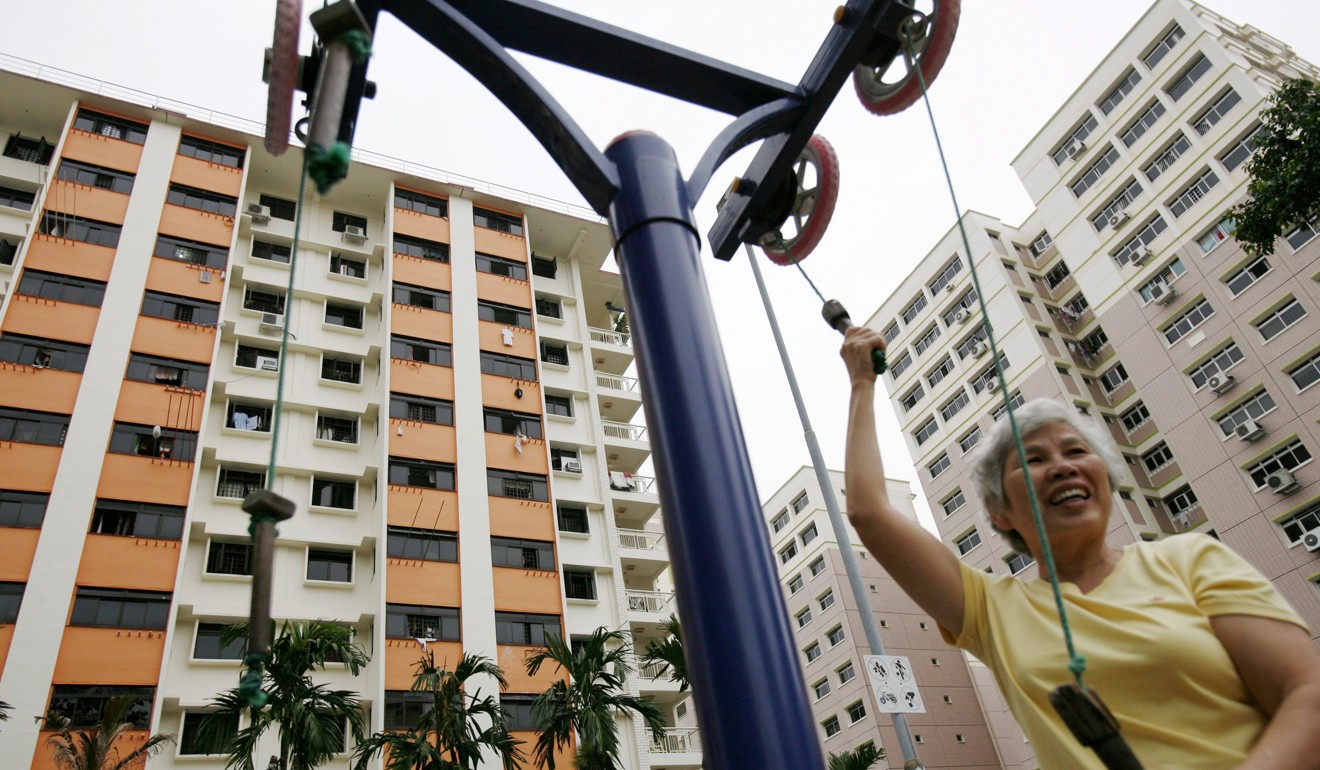
Why Hong Kong can never be Singapore: just blame history
William Zheng says while the two cities have plenty to learn from each other, they have to mind the gap, as Singapore-style big government would be a misfit in Hong Kong
Intuition leads us to believe that the grass is always greener on the other side. But Chinese philosopher Yanzi used the parable of “sweet orange trees can only bear sour fruit if moved to the wrong soil” to remind us that things can turn sour if the environment is not right.
While pro-business civil servants can certainly play a bigger role in economic development, the government should be mindful of the fundamental differences between the Hong Kong and Singapore systems.
Many analysts like to compare the cities, but many fail to emphasise that Singapore is a sovereign nation with an established political process that allows its paternalistic government to formulate interventionist approaches with an iron-fisted resolve.
Singapore: the legacy of Lee Kuan Yew
In the 2015 general election, nearly 70 per cent of Singaporeans voted for the ruling People’s Action Party (PAP). Some may argue that the Group Representation Constituency system – which requires teams of candidates from different ethnic groups, instead of individual candidates, to compete for seats in Parliament for the constituency – and other political manoeuvres resulted in the PAP’s landslide victory. However, the majority would not question the strong mandate to rule.
Hong Kong never had sovereignty. It was ruled by the British empire before returning to China
That alone allows the Singapore government to continue to be interventionist without causing too much public dismay. “Big government” can swing into action faster and more decisively – its womb-to-tomb presence is arguably regarded as one of the cornerstones of Singapore’s phenomenal efficiency.
We should note that Singapore’s civil service was created, and is supported by, such a unique political system and social grounds, hardly to be found in Hong Kong.
Hong Kong never had sovereignty. It was ruled by the British empire before returning to China as a special administrative region. Deng Xiaoping’s ingenious “one country, two systems” did provide some form of protection for its autonomy, but Beijing still has the ultimate say on many important Hong Kong’s matters, based on the Basic Law.

The fact that the chief executive of Hong Kong cannot be a member of any political party, plus the current fragmented political scenario, do not help either. Lam’s government will continue to face huge political obstacles in the Legislative Council. As increasing public unhappiness with the current election process continues to tear society apart, little consensus can be forged on the way forward.

Meanwhile in Singapore, despite a slowdown in the pace of building during the financial crisis, its housing board has consistently scored well on what helps the ruling party to win: affordable public housing.
About 82 per cent of the population live in government Housing & Development Board flats. This is one of the foundational achievements of the PAP which has won the hearts of generations of Singaporeans. It also serves as a multifunctional social engineering tool for the government to achieve better racial harmony and social stability, and finance the retirement needs of older generations.

Nevertheless, we still need to caution ourselves that, while durians grow well in Singapore, the easiest way for Hongkongers to taste the popular fruit is to import them, rather than plant durian trees in Wan Chai.
William Zheng is a veteran journalist who has served and led major Singapore and Hong Kong media organisations in his 20-year career

